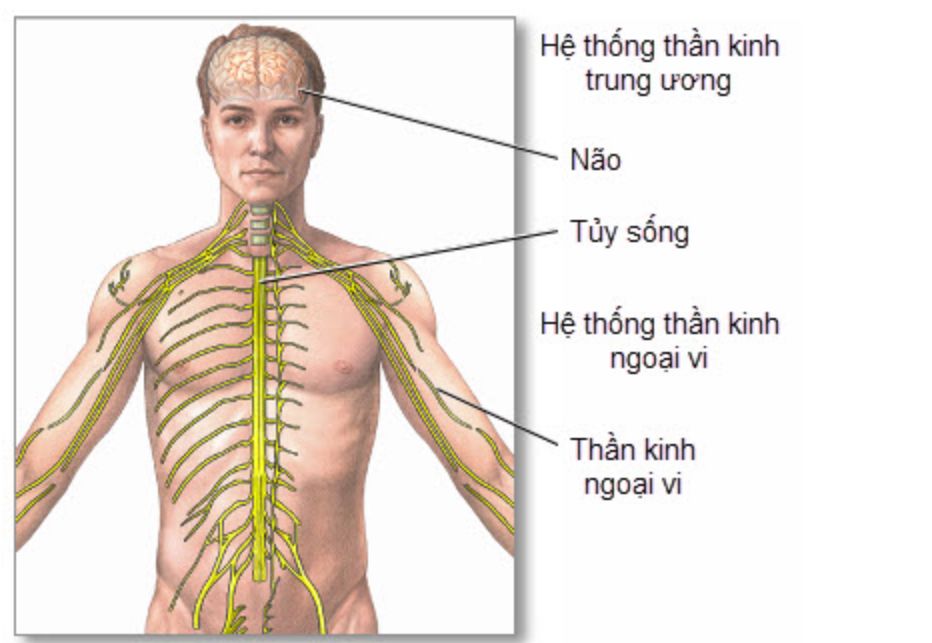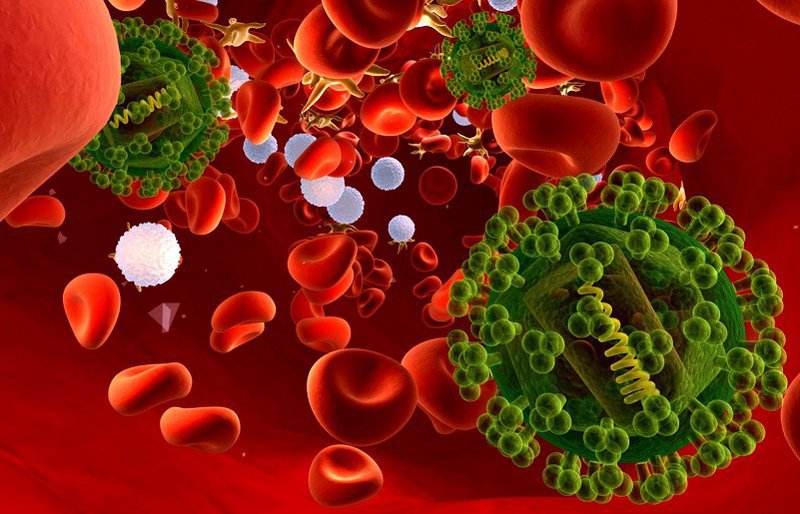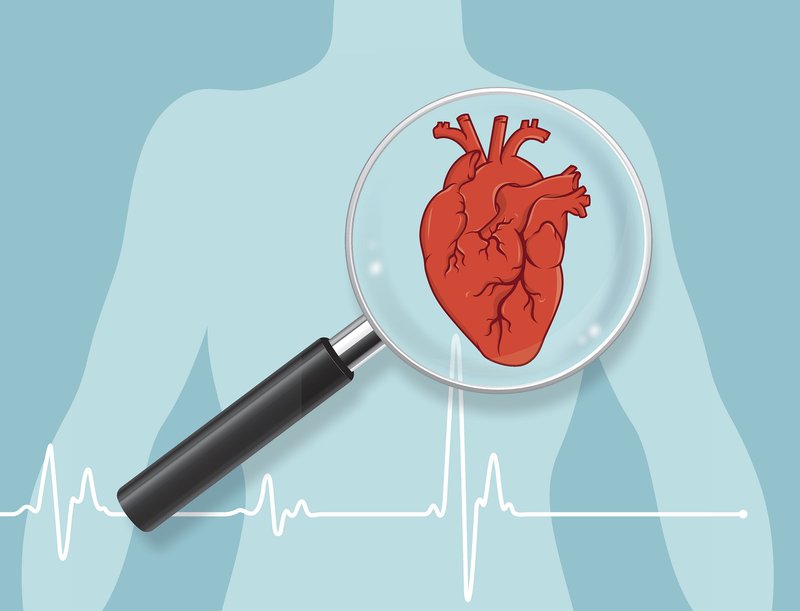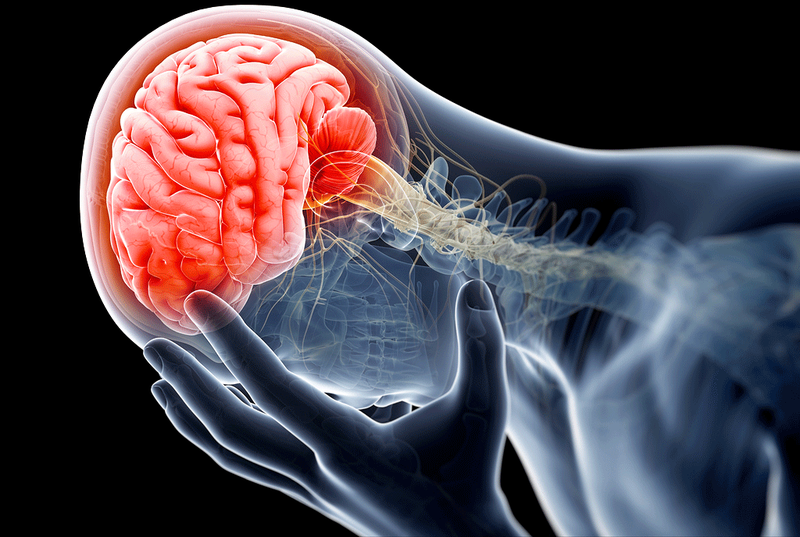Why do you shiver when urinating?
This is an automatically translated article.
Almost everyone will be familiar with the humorous sight of a baby having a sudden shiver: this could be an announcement that a newborn needs a diaper change. That's because urinating is associated with shivering - a strange phenomenon that persists even into adulthood.
1. Who often shivers when urinating?
Shivering while urinating can happen to anyone, and can happen in childhood. Perhaps you've seen a baby shiver for no apparent reason before he or she needs a diaper change.
This can be a humorous sight - or an alarming phenomenon, depending on how shaken you are. However, you should not worry because this is just a normal reaction of the body and does not cause any serious problems.
Although chills and shivers when urinating can happen to anyone, some people can feel more chills than others. There are some theories that this phenomenon occurs more commonly in men, but there are no studies to confirm this.

Rùng mình khi đi tiểu có thể xảy ra với bất cứ đội tượng nào
2. What causes you to shiver when urinating?
Although the exact cause of shivering while urinating has not been determined so far, one theory has been put forward, that the change in body temperature in the groin area causes the tremors in the groin area. some people.
When you take off your clothes to urinate, this exposes part of your body, causing a sudden drop in body temperature. This can make you feel colder, and as a result, your body may shiver to generate heat and keep you warm.
Another theory that has been put forward to explain the shivering phenomenon during bowel movements is that the release of urine from the body causes your body temperature to drop because some of the heat has been lost. In this case, your body instinctively responds with a shiver to generate heat and warmth.
Shivering during urination is thought to also be related to the central nervous system (CNS), or more specifically to the mixed signals in the nervous system controlled by the central nervous system your bladder.

Hệ thống thần kinh trung ương
The peripheral nervous system sends information from the brain and spinal cord to other parts of the body. This part of the nervous system also includes the sympathetic nervous system (ANS), which regulates involuntary bodily functions.
According to Caleb Backe, a health and wellness expert with Maple Holistics, the sympathetic nervous system controls the process by which you urinate.
The ANS is divided into two parts: the parasympathetic nervous system and the sympathetic nervous system. The sympathetic nervous system is the system that controls your body's reflexes. The sympathetic nervous system helps your body relax and return it to a resting state.
When your bladder is full, it activates nerves in the spinal cord called sacral nerves. This gets the parasympathetic nervous system active, causing the wall of your bladder to prepare to push urine out of your body. As urine leaves your body, blood pressure drops, triggering a response from the sympathetic nervous system.
This sudden drop in blood pressure triggers a response from the sympathetic nervous system, the part of the ANS involved in the body's responses. Experts say that when the sympathetic nervous system detects low blood pressure, it releases a series of neurotransmitters called catecholamines that aim to stabilize blood pressure, bringing it back to a balanced state. equal to before. When you pee, it's possible that the sudden spike in catecholamines makes you feel shivery. The nervous system releases neurotransmitters in the body called catecholamines in an effort to restore blood pressure.
This creates a mixed signal between the two components of the sympathetic nervous system, which causes you to shiver when you pee.
Some experts suggest that shivering when urinating is more common in men, which could be explained by the fact that men often stand while urinating - which can cause blood pressure to drop rapidly suddenly, this is thought to be the cause of men's shivers. In addition, blood pressure tends to increase with standing. Since men often stand up to urinate, their blood pressure drops dramatically. This may explain why men pee more than women.

Giảm huyết áp đột ngột có thể gây rùng mình khi đi tiểu
Whatever the cause, you should not worry about this phenomenon because it is usually harmless and does not cause any serious problems for the body.
Until now, experts have not been able to explain the exact cause of shivering when urinating.
My tremors can be caused by a sudden drop in body temperature, or mixed signals in your nervous system. Usually they are considered harmless.
However, this does not mean that you should ignore all abnormalities that occur during your urination. You should seek medical attention immediately for prompt diagnosis and treatment if you experience fainting, dizziness, or a burning sensation when urinating, or if there is blood in your urine.
Articles refer to sources: healthline.com, livescience.com
SEE MORE:
Find out about unstable blood pressure, erratic rise and fall Symptoms of kidney failure in men Emergency treatment for hypothermia
This article is written for readers from Sài Gòn, Hà Nội, Hồ Chí Minh, Phú Quốc, Nha Trang, Hạ Long, Hải Phòng, Đà Nẵng.




